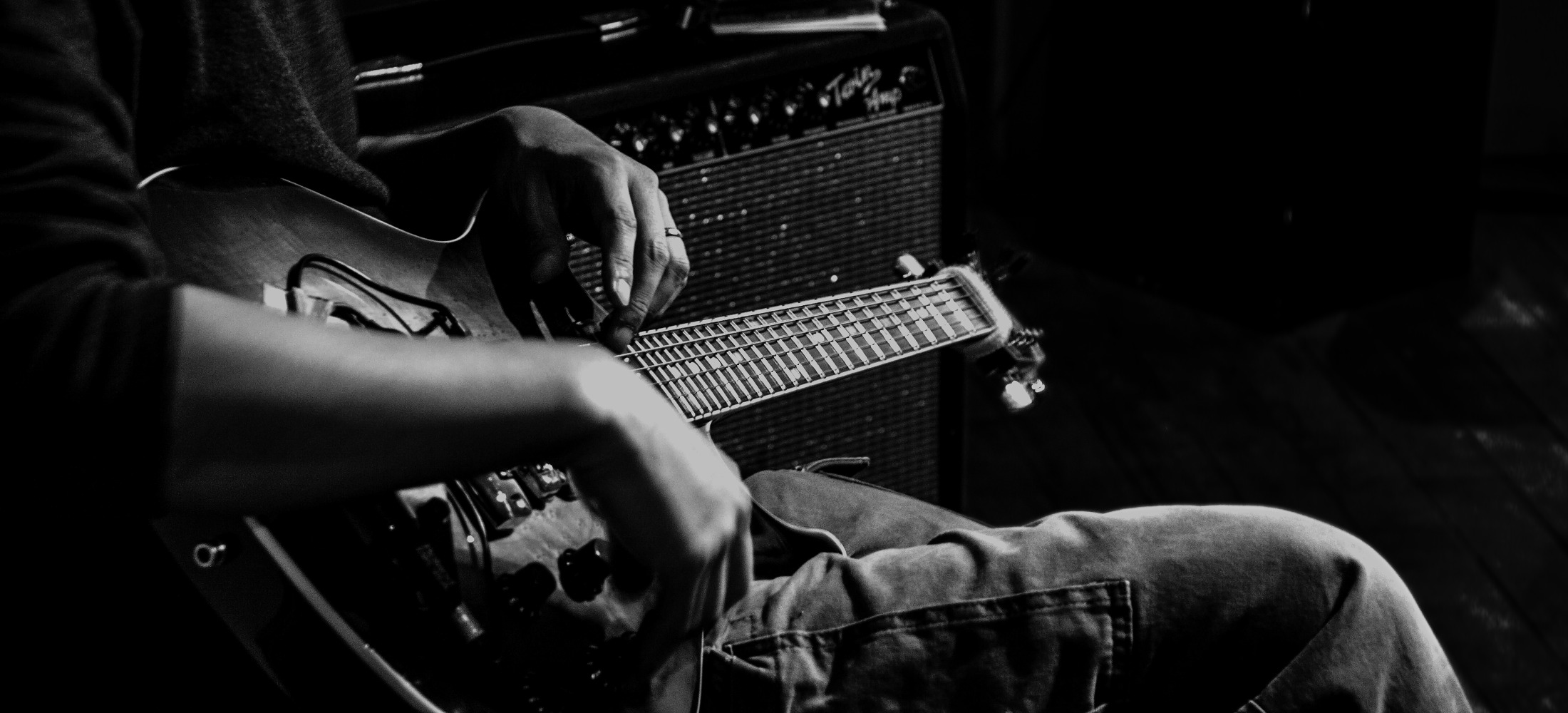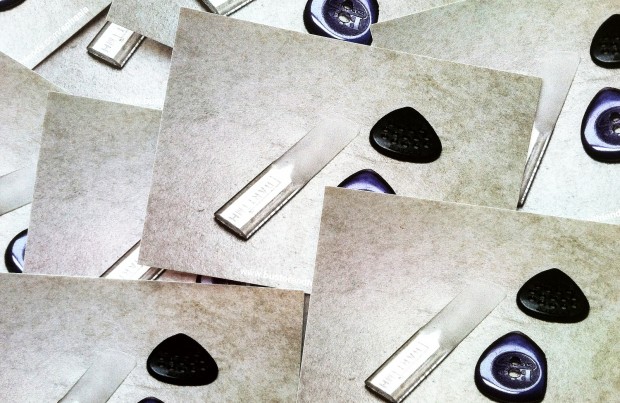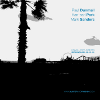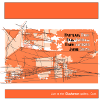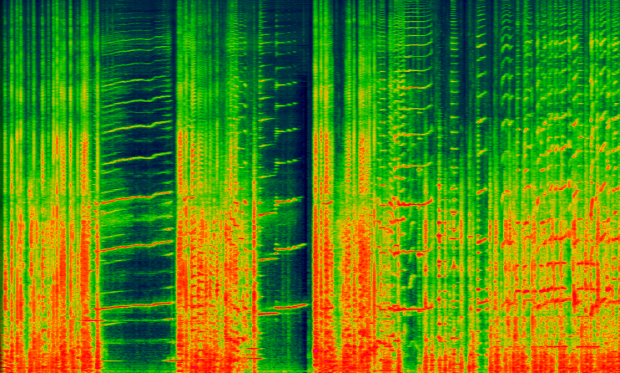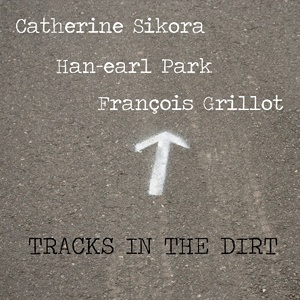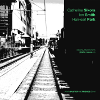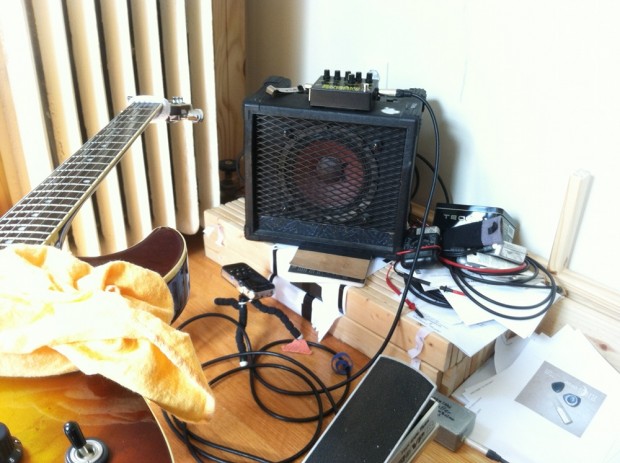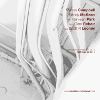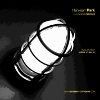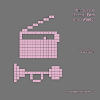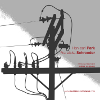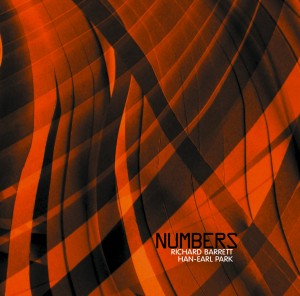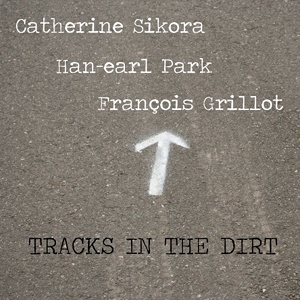Short preview of the forthcoming Anomic Aphasia (SLAMCD 559). To be released by SLAM Productions in February 2015, as previously announced, the recording features the ensemble Eris 136199 (Nick Didkovsky: guitar; Han-earl Park: guitar; and Catherine Sikora: saxophones), and renderings of Metis 9 (a collaboration between Park; Sikora; and Josh Sinton: saxophone and clarinet).
Anomic Aphasia will be available from Downtown Music Gallery, Squidco, Wayside Music and all AWESOME record stores, and as download from iTunes, eMusic, etc. More info to follow…
For the latest, check back at: www.busterandfriends.com/aphasia
recording details
Music by Eris 136199 (Nick Didkovsky, Han-earl Park and Catherine Sikora), and by Han-earl Park, Catherine Sikora and Josh Sinton. Tactical macros (‘Metis 9’) devised and specified by Han-earl Park.
Recorded live at Douglass Street Music Collective, Brooklyn on June 5, 2013.
Recording engineered by Scott Friedlander.
Recorded live at Harvestworks, New York City on October 29, 2013.
Recording engineered by Kevin Ramsay. Mixed by Han-earl Park.
Design and artwork by Han-earl Park.
© Han-earl Park. ℗ SLAM Productions.
Available from SLAM Productions…
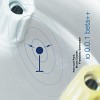
io 0.0.1 beta++ (SLAMCD 531) [details…]
Performers: io 0.0.1 beta++ (itself), Han-earl Park (guitar), Bruce Coates (alto and sopranino saxophones) and Franziska Schroeder (soprano saxophone). [About this project…]
© 2011 Han-earl Park.
℗ 2011 SLAM Productions.
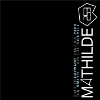
Mathilde 253 (SLAMCD 528) [details…]
Performers: Charles Hayward (drums, percussion and melodica), Han-earl Park (guitar) and Ian Smith (trumpet and flugelhorn) plus Lol Coxhill (saxophone). [About this ensemble…]
© 2010 Han-earl Park.
℗ 2010 SLAM Productions.
updates
02–18–15: link to SLAM catalog entry.
